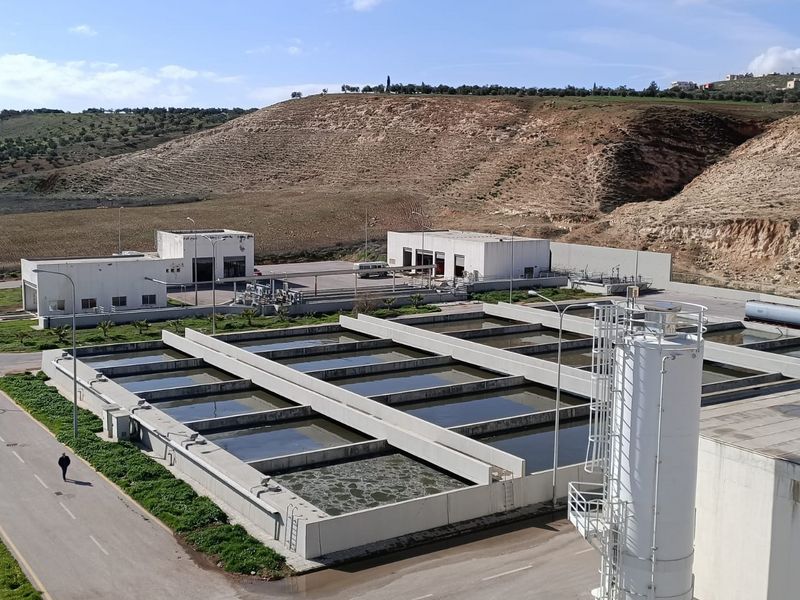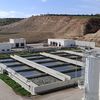Northern Governorate of Jordan:Climate Change Mitigation Measures in the Wastewater Sector in Jordan – Accompanying Measures
Disciplines
-
Masterplanning
-
Environment & Sustainability
-
Sanitation
Companies
Dorsch International Consultants
Client
Water Authority of Jordan (WAJ)
Duration
From 2019 to 2021Project Activities
Operations support and provision of spare parts and equipment for Wadi Shalalah, Irbid Central and Wadi Arab in the Northern Governorate of Jordan, including but is not limited to:
- Improving maintenance and operations .
- Optimising performance of the biological treatment.
- Reducing effluent TSS and turbidity
- Improve UV disinfection performance and consider the installation of UV-Transmissivity monitors for Wadi Shalalah and Irbid Central.
- Renovating the chlorination station to provide emergency disinfection for both Wadi Arab and Irbid Central
- Optimising operation of the digesters and CHP units, the stone trap upstream of the Inlet Works, and sludge thickeners and sand filters for Wadi Shalalah, Wadi Arab and Irbid central respectively.
Contact
Dorsch International Consultants GmbH
München (Headquarters)
80687 München
Germany
Phone: +49 89 5797-0
Fax: +49 89 5797-800
E-Mail: info@dorsch.de
Description
The project is an integral part of an overall wastewater reuse system, which envisages enhancing the quality of wastewater to enable its use for agricultural irrigation in three Wastewater Treatment Plants (WWTP), in the Northern Governorate of Jordan.
The project aims to increase the proportion of treated wastewater and consequently promote food security and sustainable agriculture
The overall development objective is to contribute to the Jordanian efforts in achieving climate change mitigation and resilience, while ensuring efficient and sustainable water resource management through:
- Ensuring that the operation and maintenance of the 3 WWTPs is done in a cost-efficient and sustainable manner.
- Targeted capacity building for Yarmouk Water Company (YWC) staff in sanitation related activities as well as improving the institutional capacity on climate change mitigation and adaptation in order to guarantee that the Jordanian Effluent Standards are achieved and the defined Key Performance Indicators (KPIs) are fulfilled.

